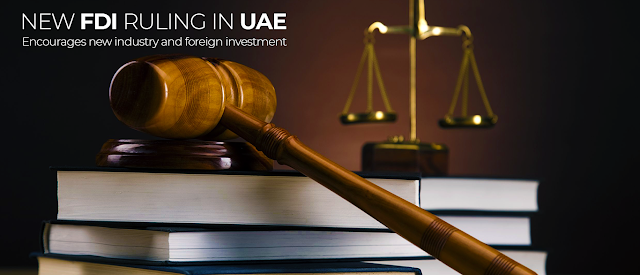Laws in Dubai that Tourists Might Not be (but must be) Aware of.

The world is witnessing Dubai’s rapid growth and it is turning into one of the most sought- after destinations for tourists around the world. Even though this is the case, many travellers, especially from the Western countries, think twice before planning a vacation in Dubai as it is portrayed to be extremely conservative. But, if you can keep just a few points in mind, this place can offer you the most unforgettable vacation of your lifetime. Respect the culture of the place you are visiting Something every traveller visiting another country should keep in mind is that you are there to experience their culture and not to give them a cultural shock. When most countries might be lenient on tourist laws, Dubai is definitely not one of them. As an Islamic country, Dubai has laws that are thoroughly intertwined with religion and that is why it becomes extremely important to be sensitive about the rules they have in place. You can also consult with any of the advocates in Dubai ...




